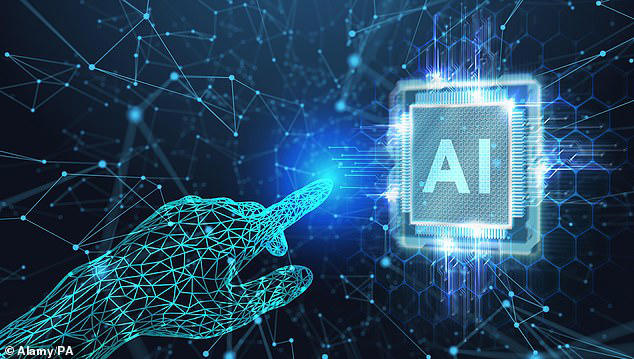
The Government has announced the introduction of artificial intelligence (AI) technology in all radiotherapy departments to accelerate cancer treatment. This technology can detect cancer cells 2.5 times faster than doctors alone, resulting in reduced waiting times. It is regarded as an exciting breakthrough in cancer care and will be implemented in hospitals within three years, benefiting tens of thousands of patients. The AI program analyzes CT or MRI scans to differentiate between cancerous cells and healthy organs, enabling targeted radiotherapy and preventing unnecessary damage. Rishi Sunak is expected to highlight this development at the AI Seoul Summit in South Korea, praising it as an example of utilizing AI’s potential to benefit humanity.
The Prime Minister’s speech highlights the positive outcomes of the Bletchley AI Safety Summit, emphasizing the international collaboration that has been established to keep up with the rapid pace of technology advancement. The speech also acknowledges the significant progress made in AI-powered medical applications, particularly in the field of radiotherapy. To leverage these advances, the government is allocating £15.5 million to implement AI technology within the NHS nationwide, aiming to reduce waiting lists and position the UK as a leading hub for AI innovation. The AI assistance will undergo medical review before any treatment is administered, freeing up valuable time for healthcare professionals. Currently, doctors manually delineate radiotherapy treatment areas to ensure precise targeting of cancer cells while avoiding damage to healthy organs. Health leaders believe that incorporating AI technology will further contribute to the reduction of NHS waiting lists.
According to Dr. Imogen Locke, a radiotherapy specialist at NHS England, the number of referrals for suspected cancer is reaching an all-time high. She believes that game-changing tools like AI will aid the NHS in addressing long waiting times for patients and continue the significant progress achieved in this area.
Victoria Atkins, the Health Secretary, expressed excitement about the breakthrough in cancer diagnosis and treatment through the use of AI. She believes that AI is contributing to a faster, simpler, and fairer healthcare system.
AI is increasingly playing a significant role in the NHS, with stroke diagnosis technology already implemented in most hospitals in England.
A recent study conducted by the University of Warwick revealed that AI analysis was equally or more accurate than doctors’ analysis for 35 out of 37 tested conditions.
The Bletchley Park summit, held in November, was a groundbreaking event where international leaders, AI firms, academics, and civil society came together to collectively address the risks associated with AI and find solutions.
The historic Bletchley Declaration was the result of a collaborative effort, with 27 countries and the EU signing it.